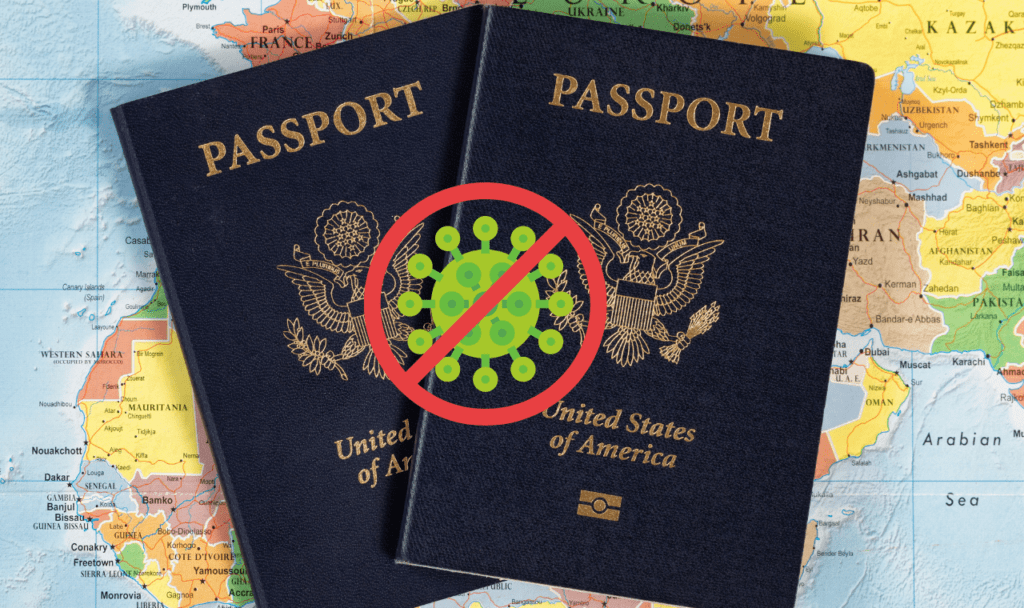
Travel Maestro note: This post, originally published December 1, 2020, has been updated with new information on digital health passports.
Business travelers, vacationers, and the entire travel industry are painfully aware that the COVID-19 pandemic virtually shut down travel in March 2020. But travel is a major global economic driver and a necessity for most businesses. Intensive cleaning protocols for airlines, hotels, and ground transportation operators emerged and public safety measures were publicized to help people get moving again. In early 2021, vaccines became widely available and now, with millions of people vaccinated, travel is resuming, although many international borders remain closed. The key to fully restarting international travel will be the digital health passport.
What is a Digital Health Passport?
Multiple groups are developing digital health passports, sometimes referred to as “vaccine passports” or “digital health certificates,” although not all are technically passports. The concept is a verified digital repository for a traveler’s negative virus test results and/or inoculation records.
The U.S. government has declined to administer a federal digital health passport; however, the private sector offers a number of apps and systems to prove your health status. A few are available now, while others are still in the development or testing stages. Another complication is that there is no universal information platform integrated with all airlines. The World Health Organization indicated that it intends to publish digital health verification standards which should help airports’ ability to accept a variety of health apps and paperwork.
Currently, different destinations and airlines have partnered with several of the existing digital health passports, so it may be necessary for travelers to have multiple apps for a single trip. There is no clear forerunner yet, but here are the major players that stand out in the crowded field:
CommonPass
The CommonPass is a digital health passport developed collaboratively by the World Economic Forum, the nonprofit Commons Project Foundation, and public and private partners from 37 countries. The free app is currently available for iOS and Android and anyone can use it to store health documentation, but if you want to use it for travel, your destination may require a specific invitation code. Currently, these airlines recognize the CommonPass app: All Nippon, Cathay Pacific Airways, Japan Air Lines, JetBlue, Lufthansa, Qantas, Swiss International Airlines, United Airlines, and Virgin Atlantic. In addition, destination partners include Aruba, Hawaii, and Germany to the U.S.
CLEAR Health Pass
CLEAR, a program that uses passenger biometrics for expedited airport security, added Health Pass to their mobile app to store COVID-19 testing and vaccination statuses. It’s free and currently available, but users must enroll in CLEAR. Hawaii has partnered with Health Pass, allowing users to skip the state’s current mandatory 10-day quarantine. Multiple entertainment venues, such as NBA stadiums, MGM Resorts, the 9/11 Memorial & Museum, and more also use CLEAR Health Pass.
Verifly
The Verifly app by Daon is a bit different in that it is more of an identity verification platform. In addition to proof of citizenship and travel reservations, travelers can upload negative COVID-19 test results, but not vaccination records. This app is particularly helpful for international travelers returning to the U.S. because a negative test result is required for re-entry. American Airlines, British Airways, Iberia, Aer Lingus, and Japan Airlines partner with Verifly.
Travel Pass
The International Air Transport Association (IATA) created a digital health passport called Travel Pass. Naturally, it has the largest list of airline partners – over two dozen – however, it is still in testing. Travelers can get the app at no cost but they can only use it if their airline is part of a trial. In addition to health information, the app contains national rules for entry and a link to an electronic copy of the user’s passport. It employs blockchain technology, without storing any data.
Do You Need a Digital Health Passport?
Vaccinations remain optional; however, many governments, including the U.S. require negative test results for entry. In other countries, providing proof of vaccination allows travelers easier entry or exempts them from mandatory quarantine and testing requirements. We are all looking forward to the time when borders fully reopen, allowing business and vacation travelers to flow freely. Until then, digital health passports are a secure way to carry your records and expedite international travel.
Contact your Covington travel advisor with any questions about entry or testing requirements.

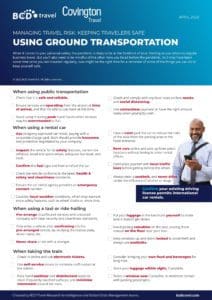
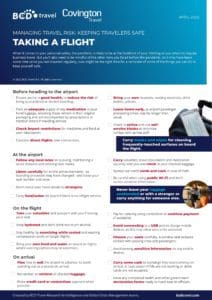
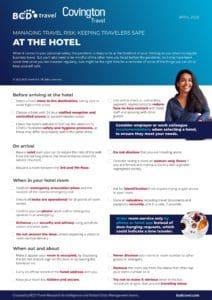
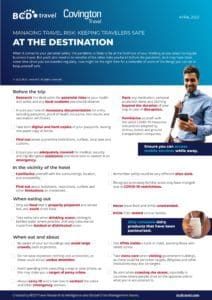
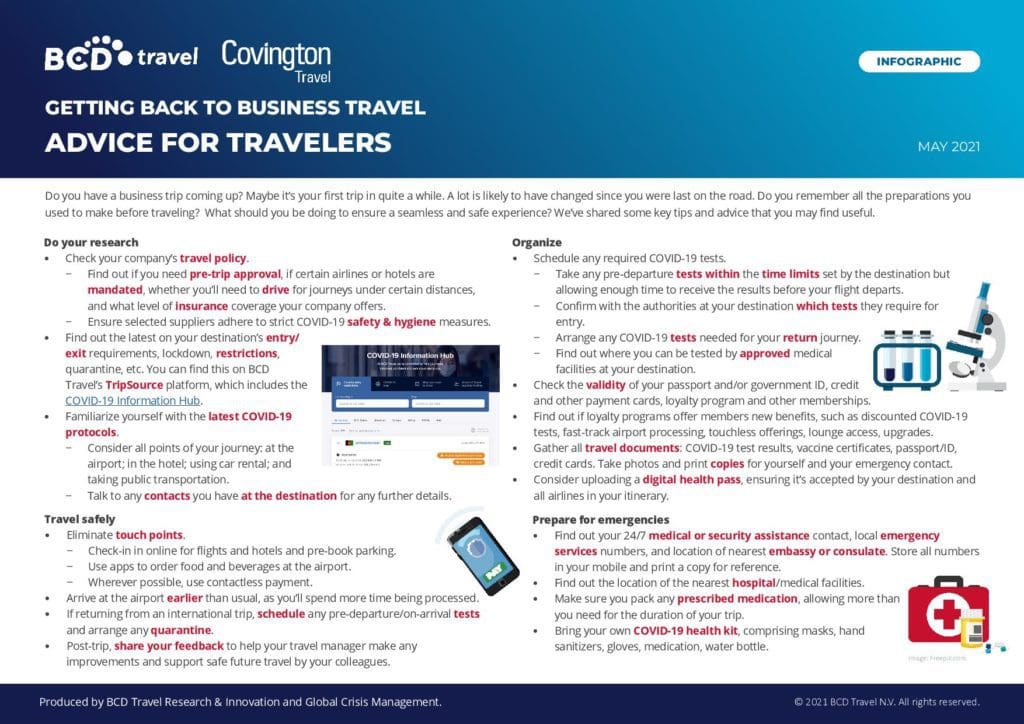
Leave a Reply